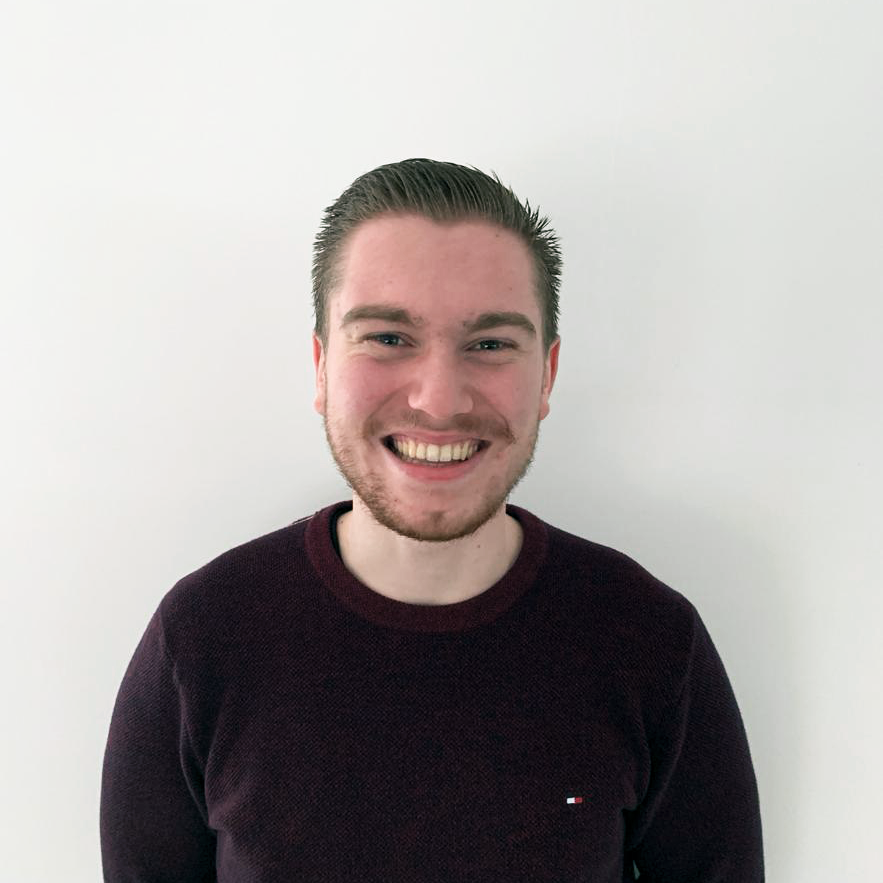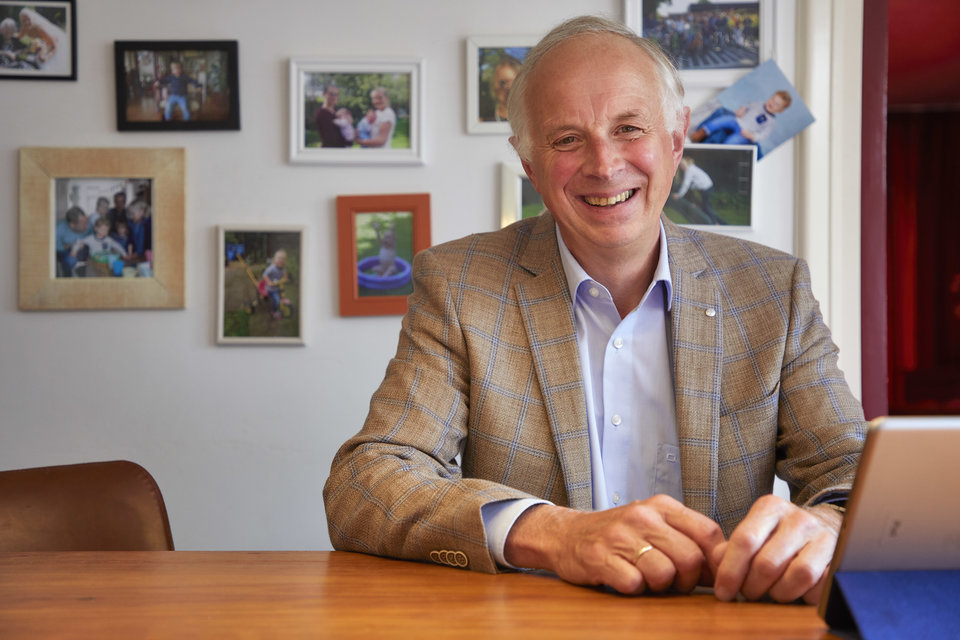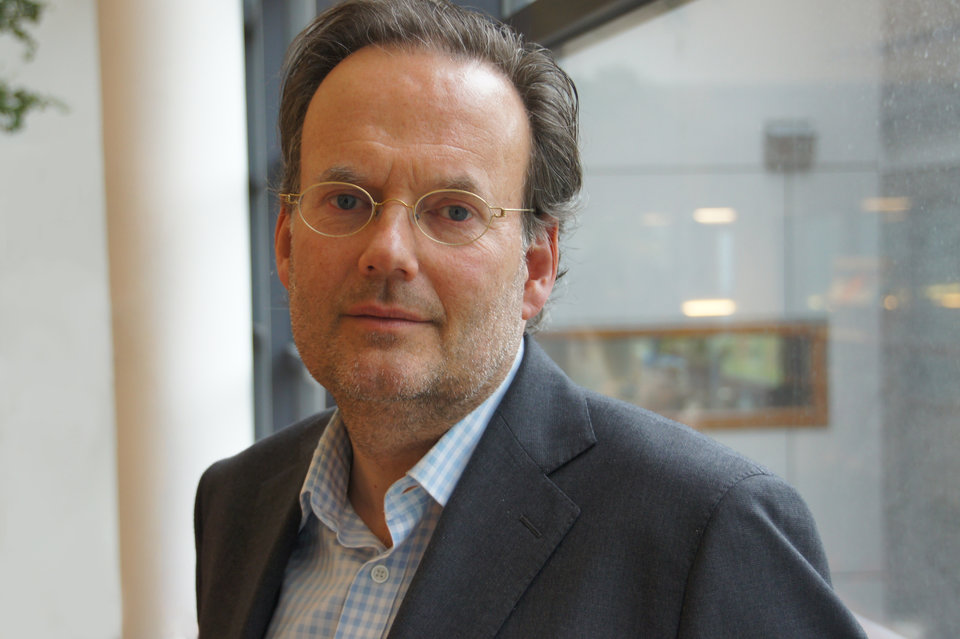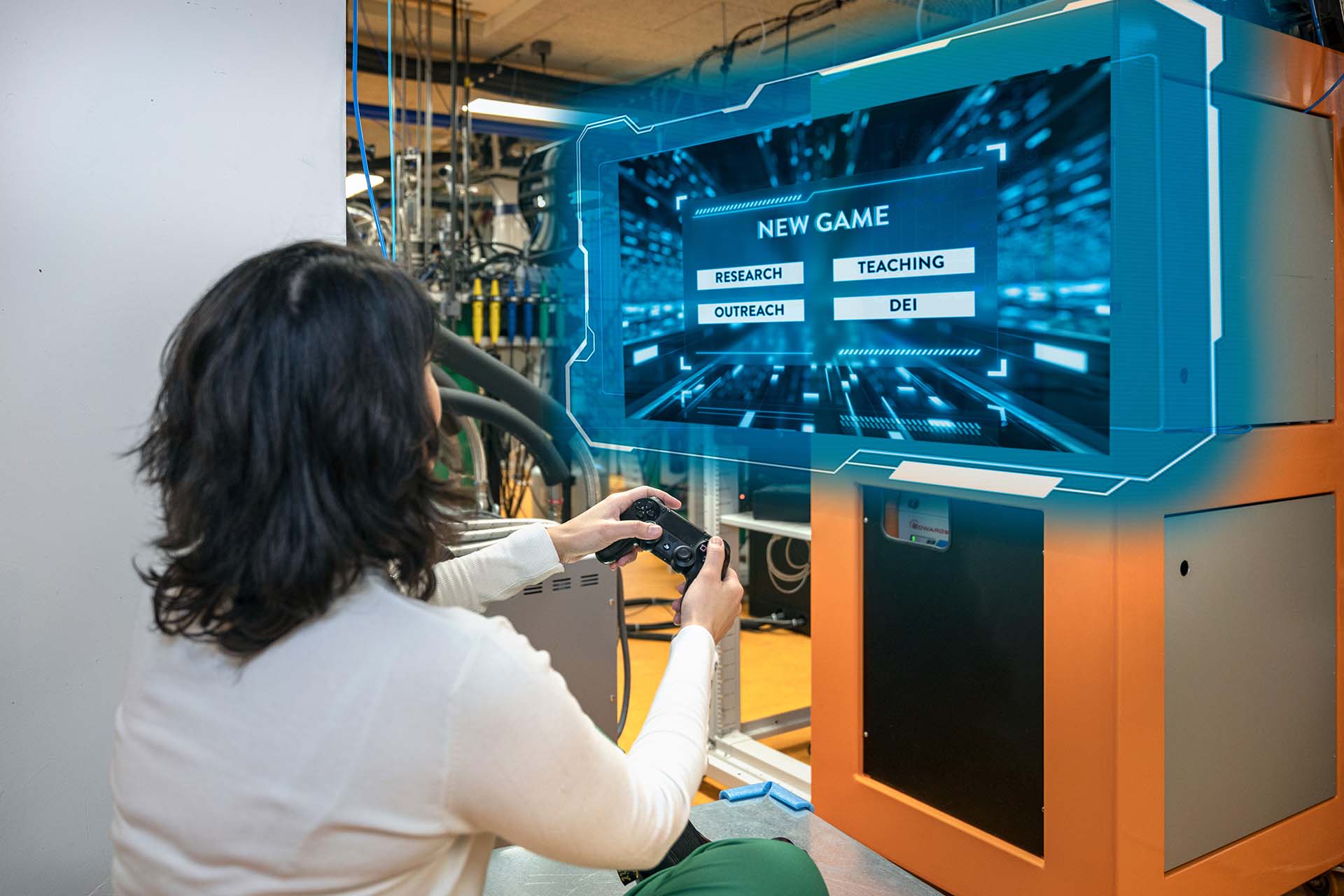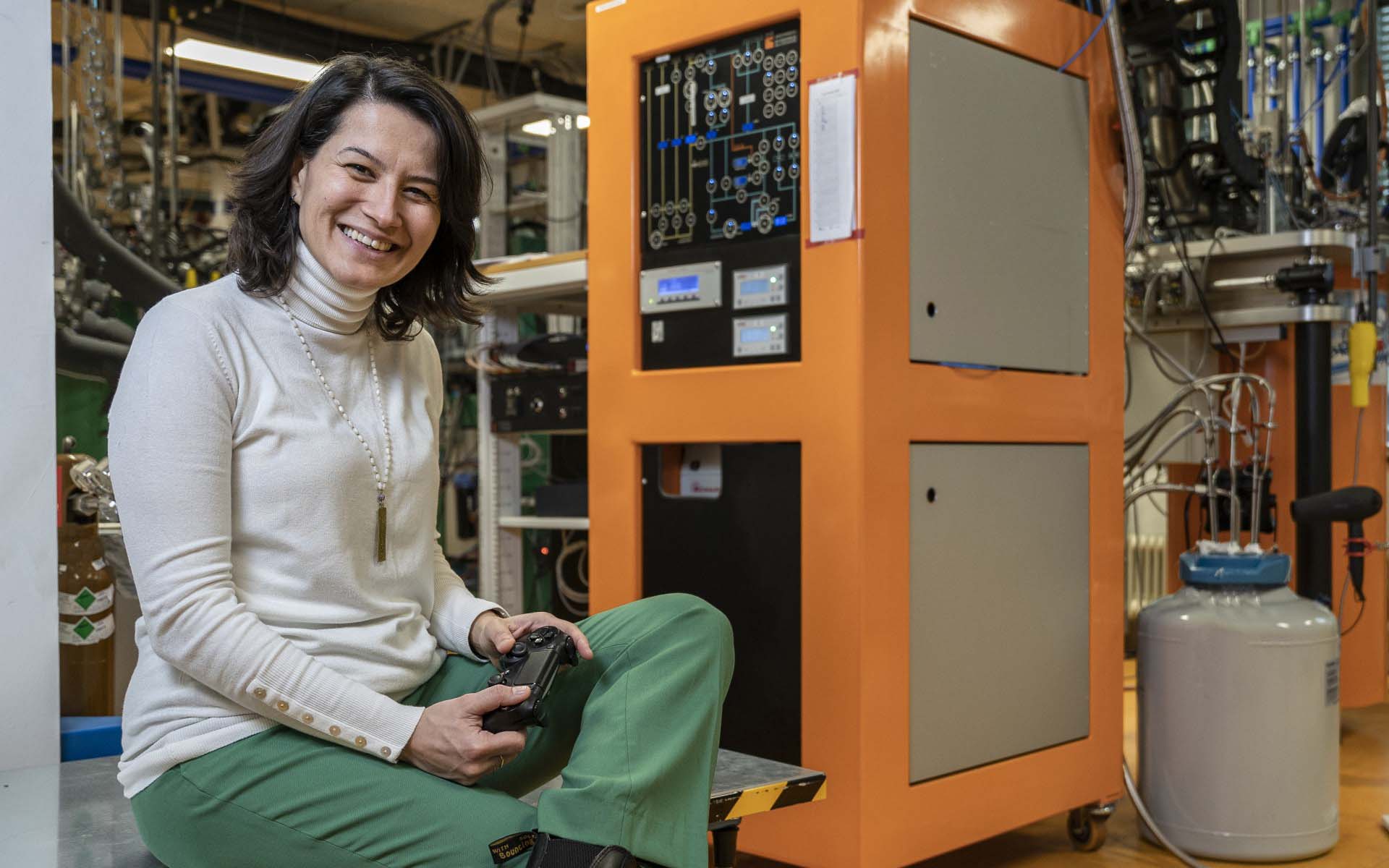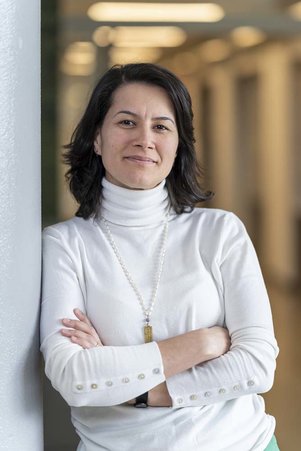An All-In Approach to Electrical Engineering
Learning makes İlke Ercan feel alive. That is why she studied physics: it was the most challenging topic for her. Now a researcher specialised in nanocomputing and an accomplished educator herself, she is helping bachelor students to make informed decisions about their future.
İlke Ercan probably is the only person who, in one year’s time, publishes papers on topics as diverse as quantum readouts, gamification of education, and social safety on campuses. And as a physicist, electrical engineer, researcher, educator, a true scholar and an advocate for diversity and inclusivity, she perhaps has more competencies and interests than a zebra has stripes. But she is anything but unfocussed, just dead set on following her interests and finding her sweet spot.
‘My minor in philosophy helped me make more sense of my bachelor’s in physics,’ she says. ‘I then pursued a master’s and PhD in electrical engineering, focussing on nanoelectronics, as it allowed me to unite my knowledge in physics with the foundational philosophical questions that I was also interested in. It also has a very practical application in the future of computing, which has become a central theme in my research.’ As a teacher she puts just as much effort into encouraging her students to find their own sweet spot – both as an engineer and as a person.
Inspired by her mentors in engineering, and in history and philosophy of science, she strives to put her scientific practice in a societal context, including how students themselves relate to that context. ‘When teaching my first ever course on circuit theory, for example, I developed a project where I had students replicate the US transcontinental telegraph line in the lab. During the American Civil War, telegraphy helped women become part of the work force.’
Her educational prowess has yielded her several prizes, including the Best Teacher of the Department of Microelectronics by student votes after only her first academic year at TU Delft. ‘My mother was an inquisitive woman and would always inquire about the topics I was studying; from how quantum dots work to what a scientific paradigm is. Everything I studied, I learned in a way that I would be able to explain it to her. So, when I won my first teaching award, I called her and said: “Mom, I owe this to your questions.”’
From scratch
Just before joining TU Delft, İlke helped create a complete Electronics teaching track and developed courses from scratch. ‘That was in Middelburg, in the south of the Netherlands,’ she says. ‘There wasn’t even a building when I joined, let alone a lab. I had to work out everything, including how to order instruments. Can you buy an oscilloscope at Bol.com? It was the experience of a lifetime.’
Now, as a principal educator in the Electrical Engineering Education (EEE) section at TU Delft, one of her educational challenges is in setting up a homologation module in a joint master’s programme with Leiden University. ‘The Quantum Information Sciences and Technology master will launch upcoming September,’ she says. ‘I am excited to develop content to teach foundations of electrical engineering to the physics, math, and computer science students.’
Women+
‘Everything I do at TU Delft is possible thanks to my fantastic colleagues in the EEE section. We are all very passionate about education, and are open to explore new things.’ One of these new things is the Educational Makerspace for which she will use part of the TU Delt educational fellowship she has just been awarded. ‘We have a fantastic teaching lab downstairs, but it is used for courses with structured content,’ she says. ‘The Makerspace is for students to be creative – like a playground. With the other members of the EEE, we aim to develop content with our students to do citizen science projects and public outreach.’
Exploring new things also extents to social aspects. When İlke proposed to launch an IEEE Women in Engineering Affinity Group, a colleague immediately rushed to help. ‘We call it Women+ now, as we realised that all gender minorities need to be represented.’ Tellegen Hall also is the first TU Delft teaching lab to actively sport a social code of conduct, pertaining to diversity and inclusivity.
Just numbers
All the while, she also continues her research into nano- and quantum-computing. Officially, she dedicates 80% of her time to teaching and 20% to research. ‘Those numbers are for administrative purposes and don’t dictate my schedule,’ she says. ‘I incorporate my research into my undergraduate projects, and my undergrads into my research. Since completing my PhD in 2014, every single paper I wrote carries an undergraduate as co-author. That is one of my prides and joys.’
Asked if she would like to become a full professor she answers: ‘What difference does my title make? As long as I can create high quality content that helps move my field forward. Currently, I am focusing on bridging the gaps in engineering education. From high school to our bachelor and onwards. It is important to meet students where they are and help them make sense of what they learn, and how they can carry it forward in their careers.’

